How Kairos Power is applying rapid iterative development to the licensing process as part of its strategy to deliver on cost
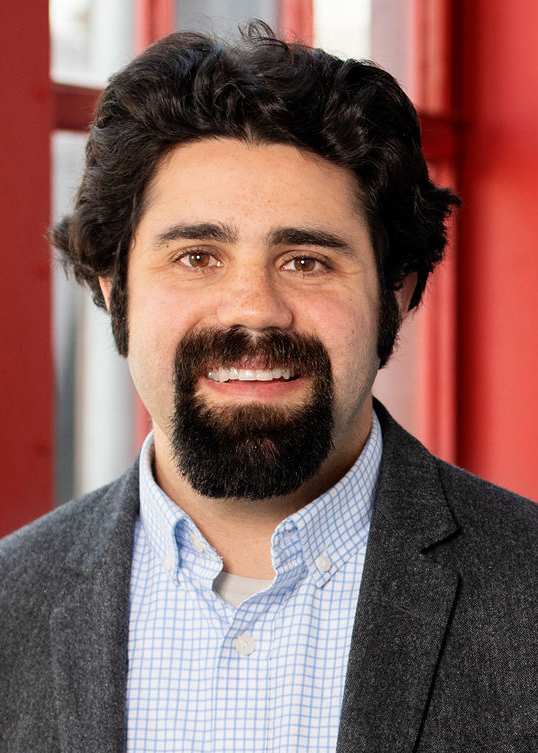
Laufer
Developing a first-of-a-kind reactor is a daunting endeavor. To be successful, advanced reactor designers need to achieve cost certainty by delivering a safe and affordable product at the promised cost. To meet this goal, Kairos Power structured its approach around four key strategies: 1) achieving technology certainty through a rapid iterative approach; 2) achieving construction certainty by demonstrating the ability to build it; 3) achieving licensing certainty by proving Kairos can license it; and 4) achieving supply chain certainty by vertically integrating critical capabilities. By mitigating risk in these four key areas, Kairos Power is confident that it will get true cost certainty for our future products.
The third prong in Kairos’s strategy—achieving licensing certainty—was a key driver in the decision to build the Hermes low-power demonstration reactor, and it remains a major workstream as the company’s construction permit application (CPA) undergoes review by the U.S. Nuclear Regulatory Commission. Licensing a new nuclear technology is no small challenge, and there are multiple approaches companies can take. Here’s a look at how we at Kairos are approaching it.
THETA pictured in Argonne National Laboratory’s METL lab. (Photo: ANL)
The Thermal Hydraulic Experimental Test Article (THETA) at Argonne National Laboratory is now operating and providing data that could support the licensing of liquid-metal fast reactor designs by validating thermal-hydraulic and safety analysis codes. The new equipment has been installed in Argonne’s Mechanisms Engineering Test Loop (METL), and its first experiments are supporting data validation needs of Oklo, Inc., by simulating normal operating conditions as well as protected and unprotected loss-of-flow accidents in a sodium-cooled fast reactor.
Pictured from left to right: John Tappert, NRC; Jonathan Rowley, NRC; Jacob Zimmerman, NRC; Matthew Bartlett, NRC; Tim Beville, DOE; Jennifer Wheeler, TRISO-X; John Lubinski, NRC; Pete Pappano, TRISO-X; Jill Caverly, NRC; and Shana Helton, NRC. (Photo: X-energy)
An artist's rendition of Oklo’s Aurora powerhouse. (Image: Gensler)
The Nuclear Regulatory Commission has denied “without prejudice” Oklo Power’s application to build and operate its Aurora microreactor in Idaho, the agency announced yesterday. The denial, according to the NRC, is due to the California-based firm’s failure to provide sufficient information on several crucial topics regarding the Aurora design.
Artist’s conception of Oklo’s Aurora powerhouse. (Image: Gensler)
Aerial view of the Morris Operation in Illinois. (Image: GE Hitachi)
The Nuclear Regulatory Commission has begun its review of GE Hitachi’s application to renew the license of its Morris Operation, the spent nuclear fuel storage facility in Grundy County, Ill. Notice of the 20-year license renewal application, along with an opportunity to request a hearing or petition for leave to intervene by August 30 was published in the June 30 Federal Register.

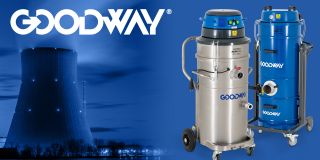

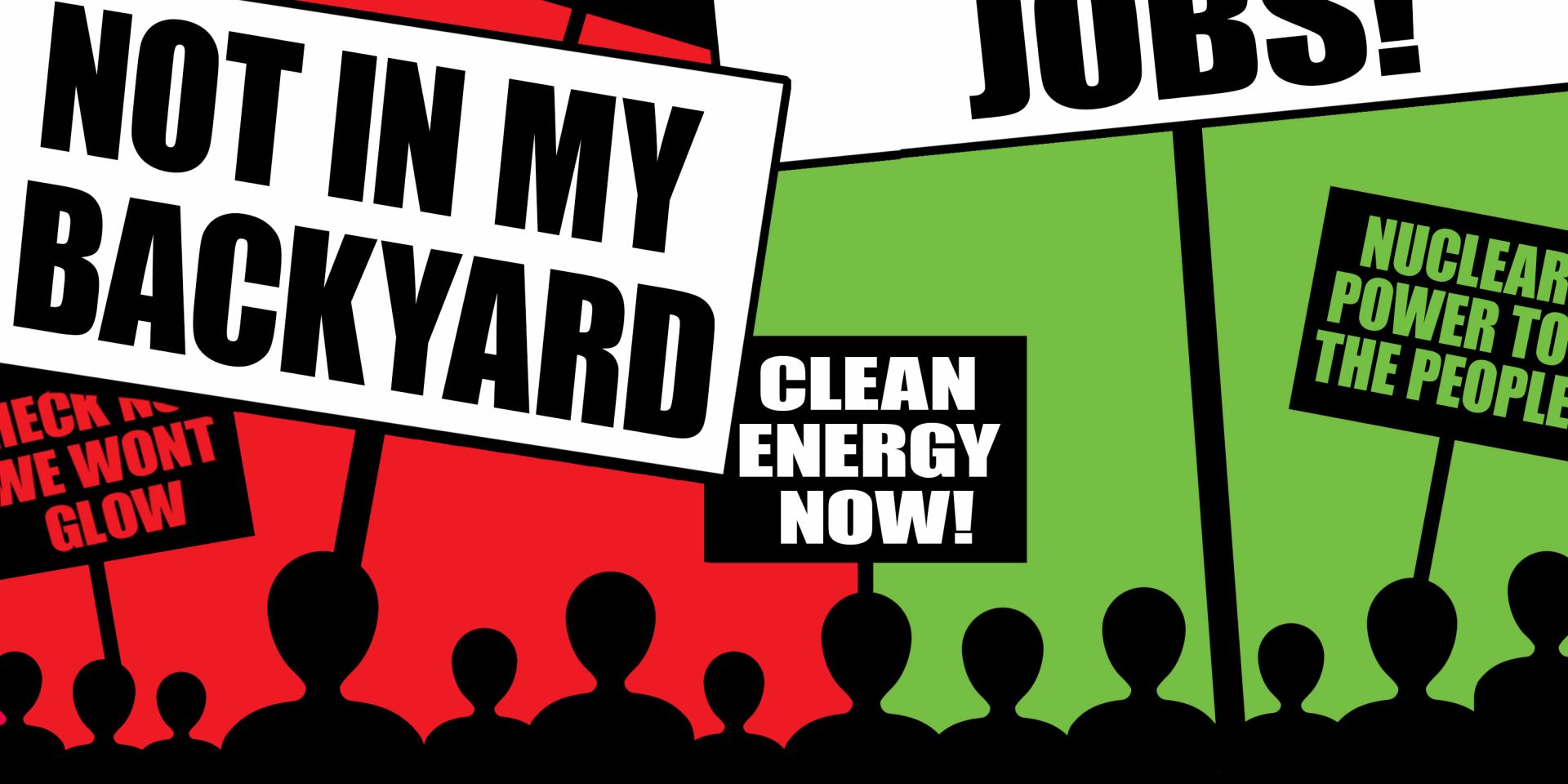
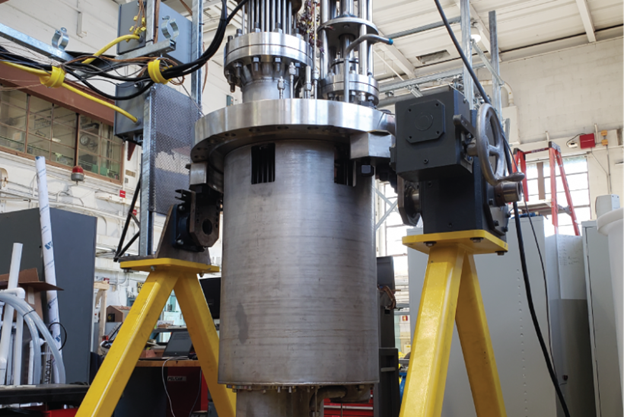

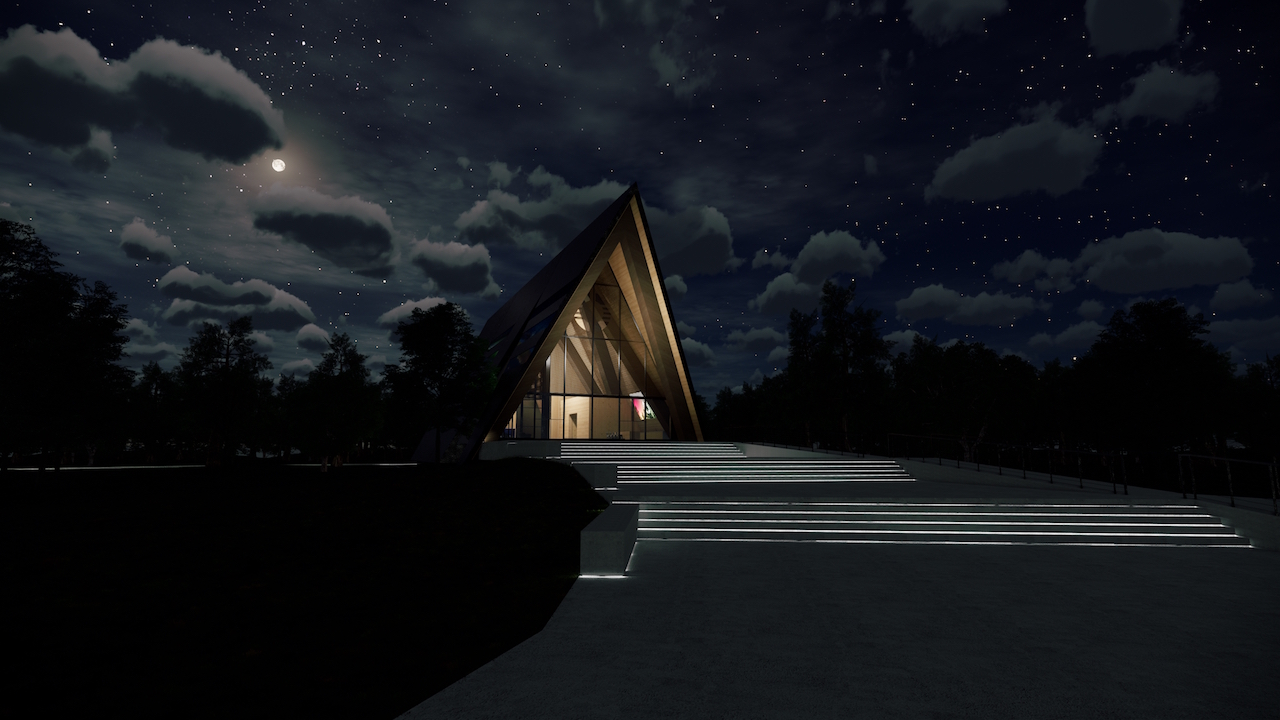
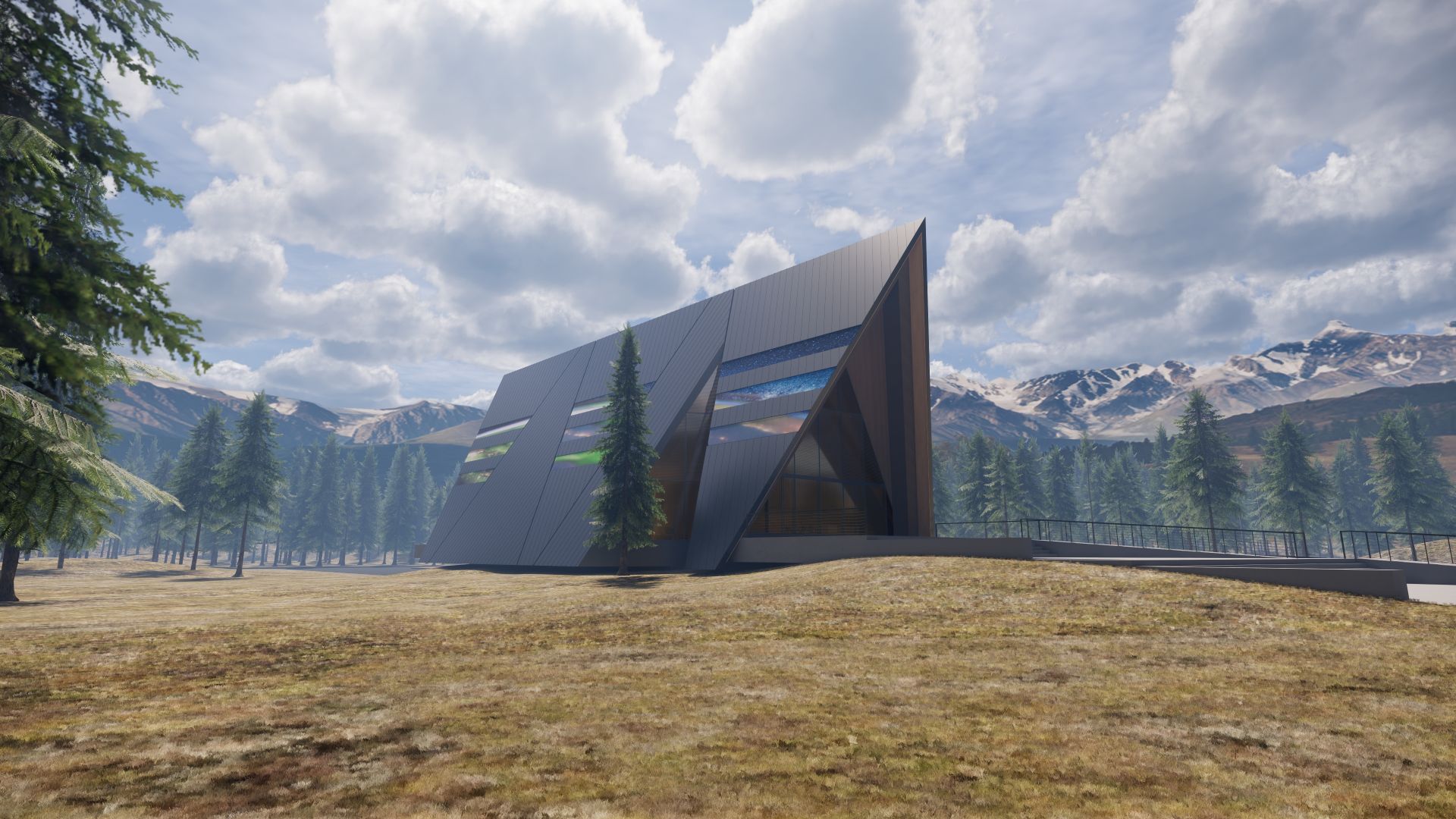
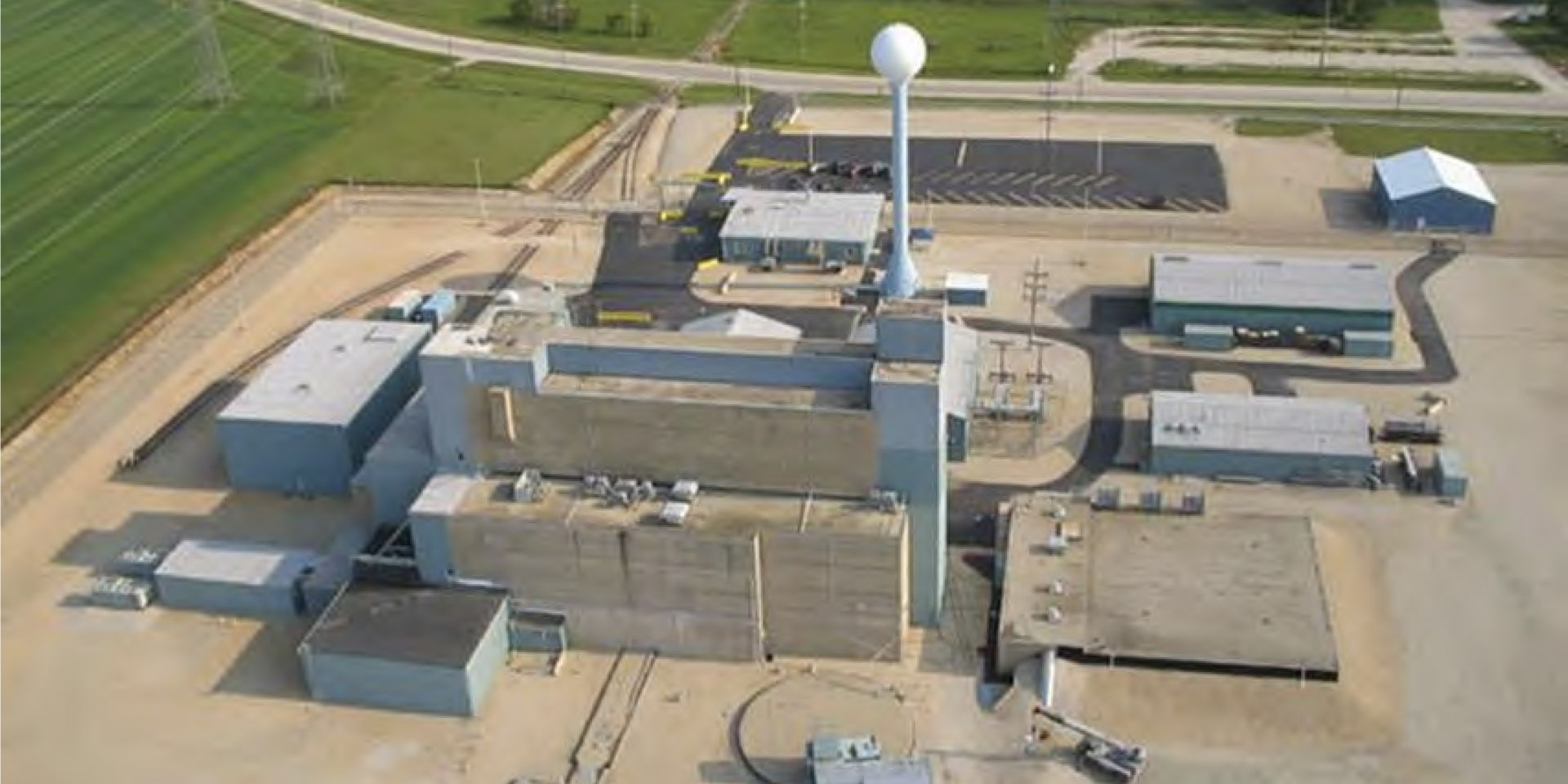 2x1.jpg)
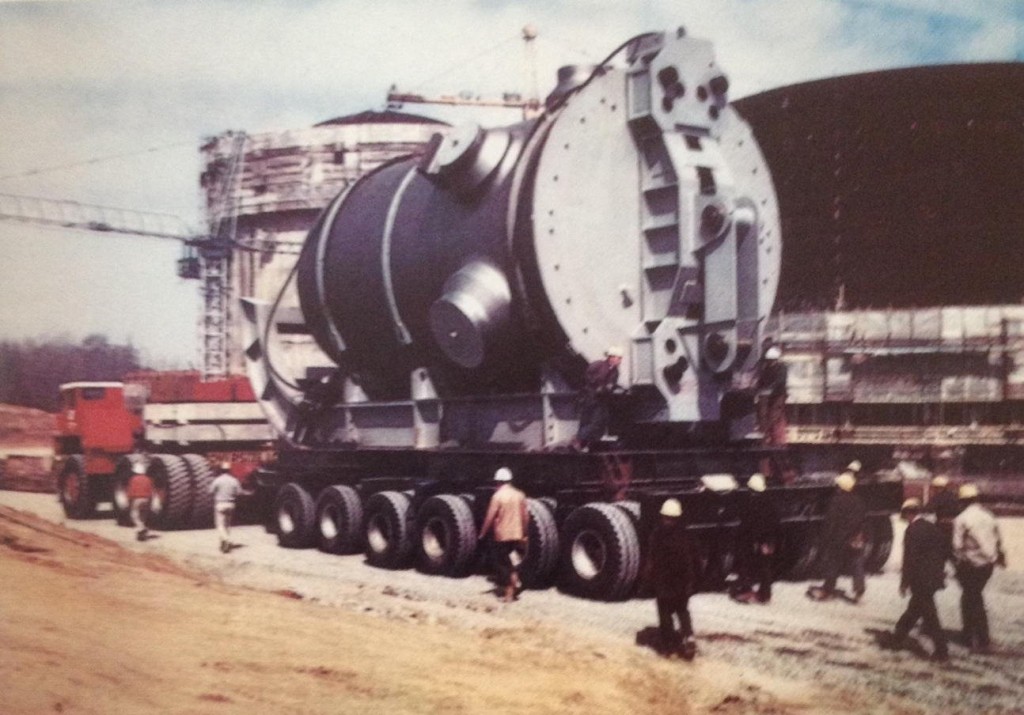
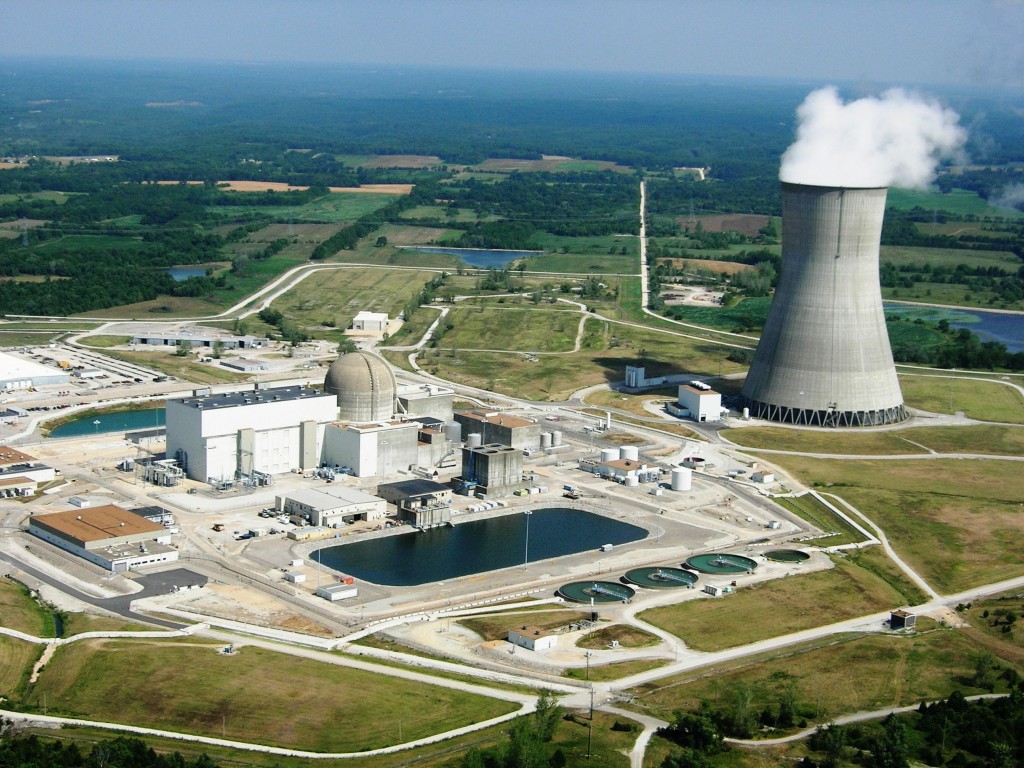
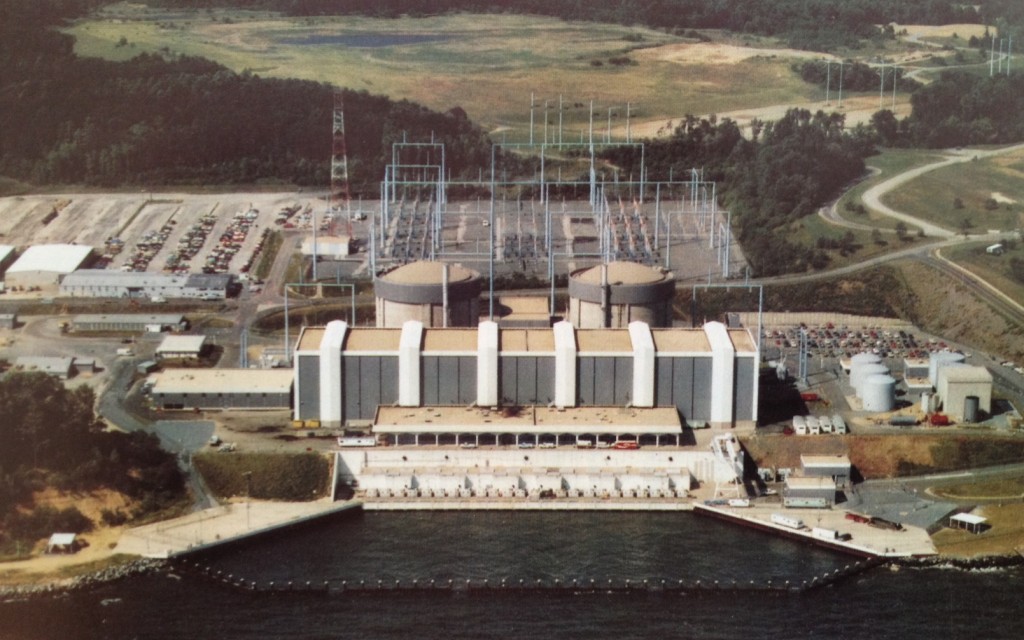
 Shortly after 11 a.m. on Tuesday, May 7, 2013, the operators at Dominion Resources' Kewaunee nuclear power plant opened its output breaker, disconnecting the turbine generator from the grid for the last time after just under 40 years of operation. Shutdown of the reactor followed, and the plant entered what for some is an uncertain (even if pre-ordained) future-a long-term storage period, followed eventually after many years by the complete dismantling and removal of the plant.
Shortly after 11 a.m. on Tuesday, May 7, 2013, the operators at Dominion Resources' Kewaunee nuclear power plant opened its output breaker, disconnecting the turbine generator from the grid for the last time after just under 40 years of operation. Shutdown of the reactor followed, and the plant entered what for some is an uncertain (even if pre-ordained) future-a long-term storage period, followed eventually after many years by the complete dismantling and removal of the plant.